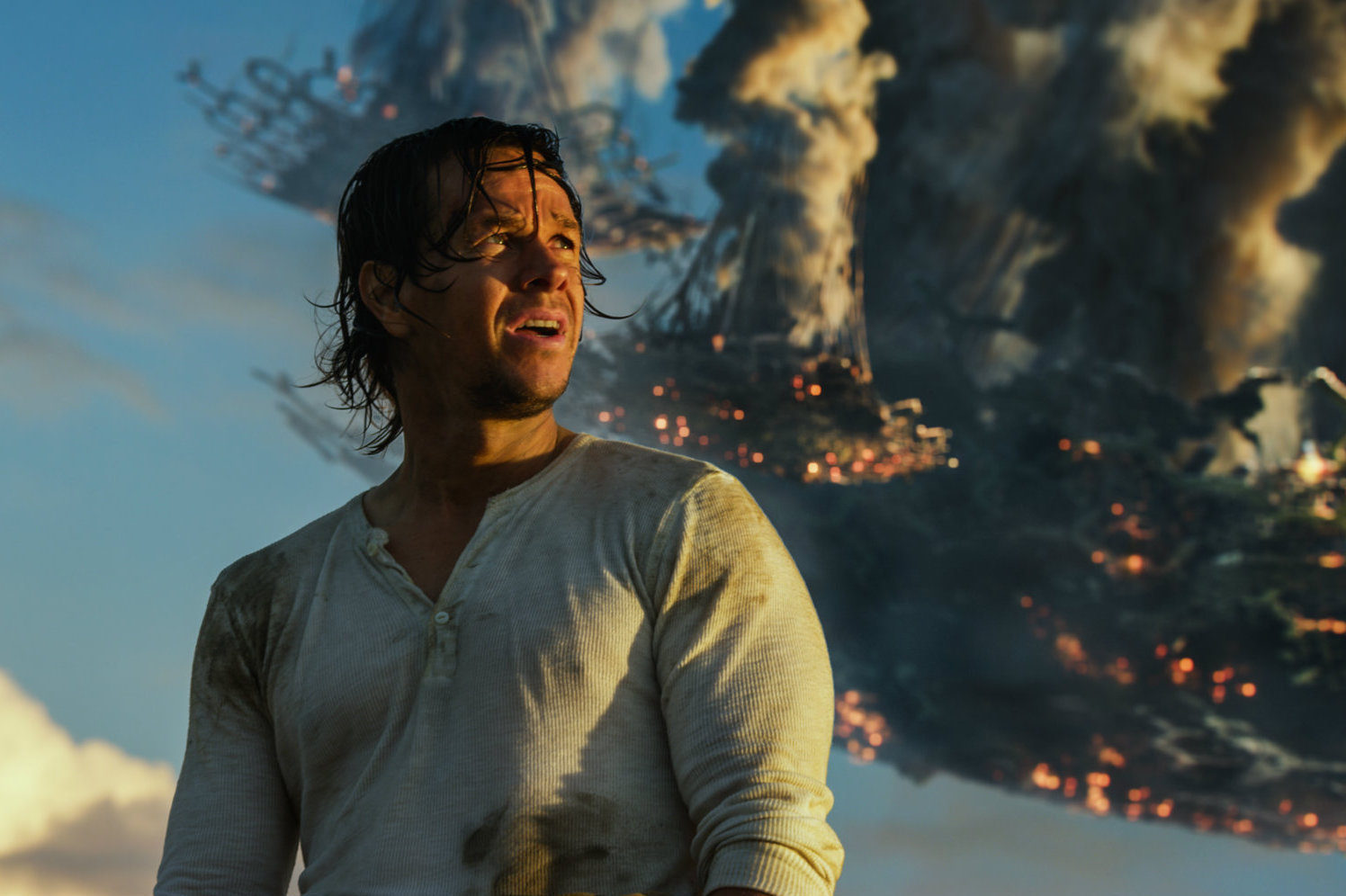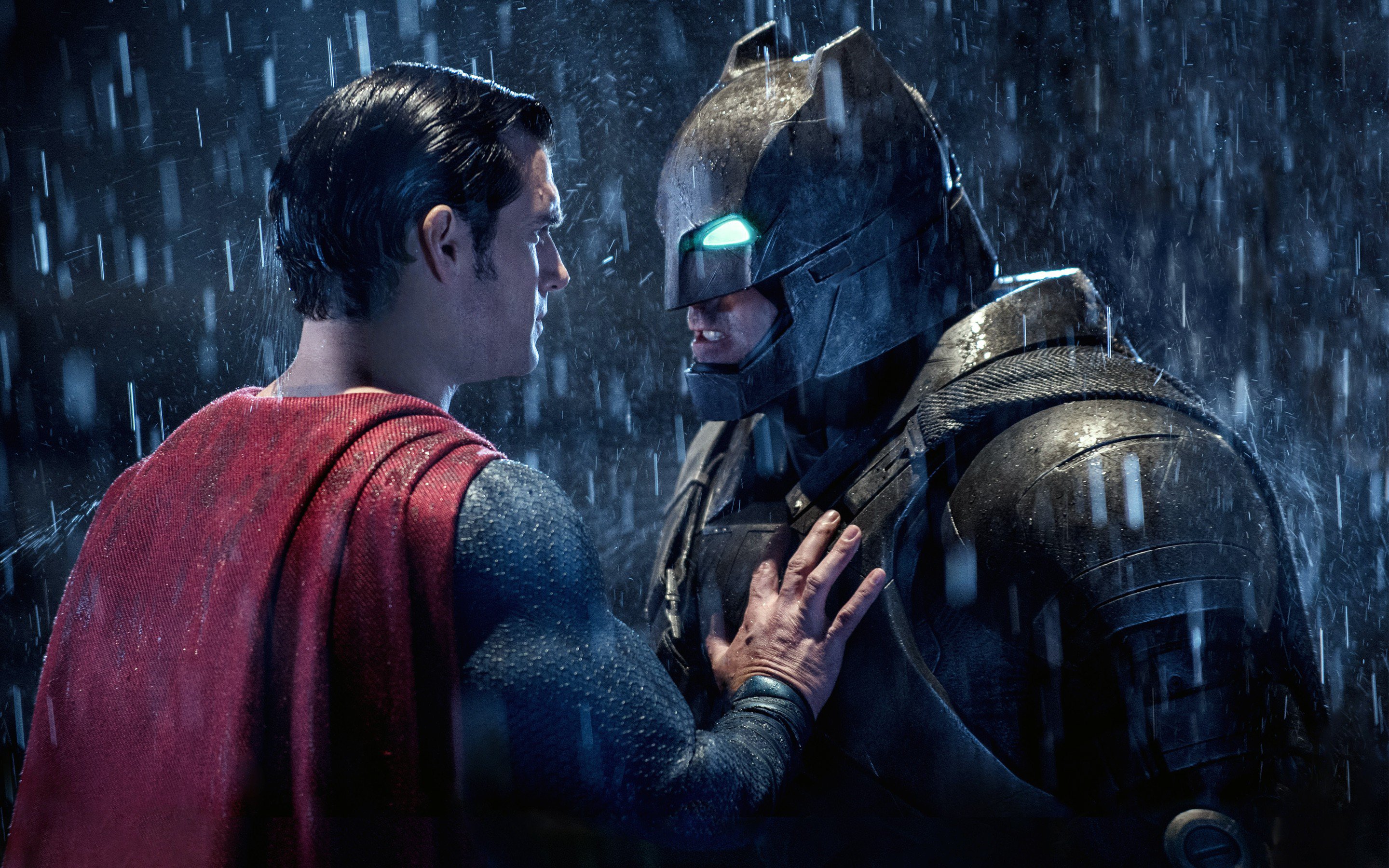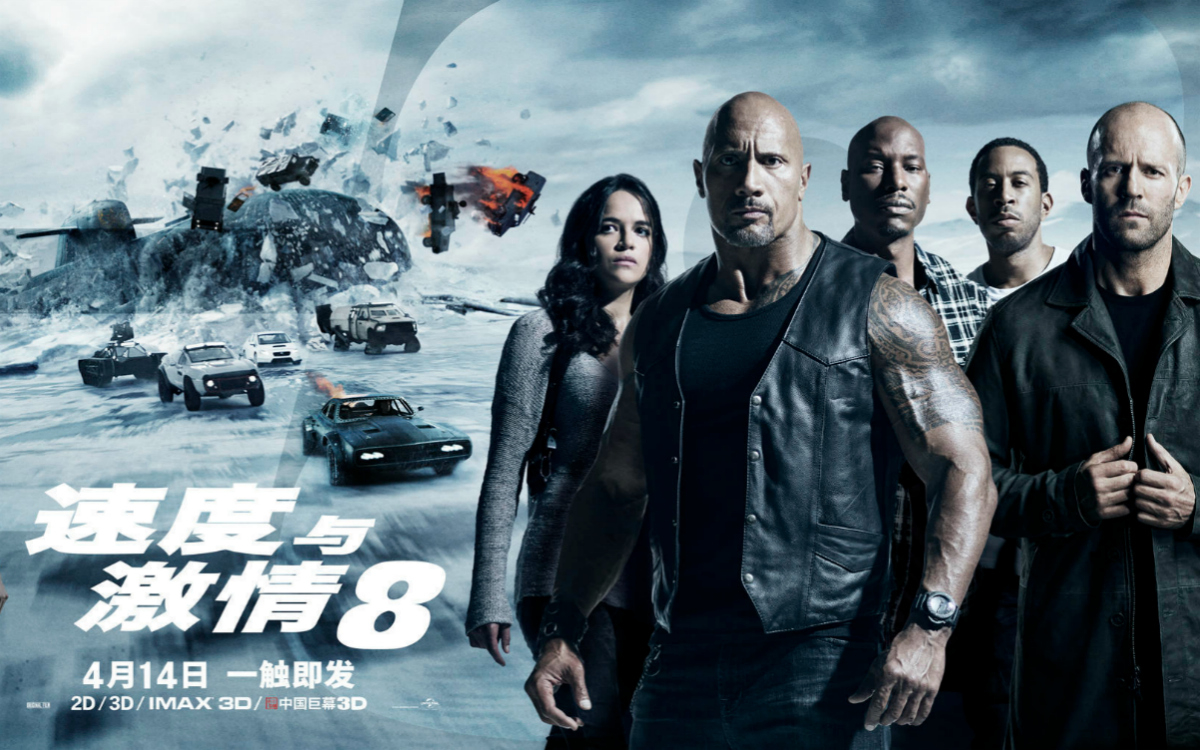
Why Do Terrible Movies Still Make Lots of Money?
Despite an average rating of 3.3/10 on Rotten Tomatoes and marking the franchise’s lowest opening weekend, Transformers: The Last Knight (aka T5) still tops the box office charts with a gross close to $68 million domestically and $196 million overseas since its release. With a current total gross of $267 million, Michael Bay’s action movie featuring muscular Mark Wahlberg has already made its budget of $217 million back and is on its way to help keep the pockets of greedy Hollywood producers outrageously full.
Although it didn’t do as good as its predecessor, Transformers: Age of Extinction, which made $300 million on its first weekend globally and went on to bring in more than $1 billion, T5 continues the legacy of blockbusters that, in spite of being stamped by most critics as loud, nonsensical and pandering, receive a completely different message from audiences when it comes to ticket sales. And with 2 more opuses to follow in 2018 and 2019, it’s evident that those numbers only create more incentive for the movie industry to keep delivering such productions…
But why do movies like those of the Transformers series, deemed so bad they shouldn’t be worth anyone’s time or money, still manage to be such big hits?
Back in 2016, Batman v Superman: Dawn of Justice‘s box-office success begged the exact same question. With a budget of $250 million, the superhero movie grossed $873 million. And the reviews definitely had nothing to do with it, as Zack Snyder’s film was overly described as a production that “smothers a potentially powerful story” and only received a 27% rating on Rotten Tomatoes. A gap so immense that it later generated a debate questioning the value of review scores as the audience’s enthusiasm seems to contradict them completely by director and producer Brett Ratner, eventually implying that rating websites like RottenTomatoes.com represent a threat to cinema.

To understand what at first glance seems incomprehensible, like the surprising box-office triumphs of Twilight: New Moon ($710 million with a $50 million budget) or Fifty Shades of Grey ($571 million with a budget of just $40 million) – don’t even get us started on the unintelligible popularity of the abysmal Sharknado movies… – we need to focus on what truly motivates Hollywood to make these ‘terrible’ films.
It’s important to understand that the main goal of Hollywood’s decision-makers is to make a profit. Plain and simple. Big-time producers tend to judge movies based on return on investment, not on the quality of their story.
Moreover, once you think of it, none of those films are based on original ideas. They’re mainly just another way to market a product. The Transformers franchise only started as an opportunity for Hasbro to revive people’s infatuation for its old series of toys and drive more sales. Teenage Ninja Turtles was just another means to surf on the success of characters that were once ultra popular for the kids network Nickelodeon. Even the Pirates of the Caribbeans films were originally simply a way for Disney to promote its theme park ride of the same name. And we could go on and on – especially when it comes to all those countless franchises based on comic books and video games.
This attitude within the industry only reminds us that cinema is mostly a business like any other. Commerce, not just art. Whether a production is good or bad becomes irrelevant. Although it doesn’t mean that Hollywood can’t sometimes be wrong if we look at 2011 Green Lantern, for instance. Despite featuring Ryan Reynolds and glossy Blake Lively, the superhero film only made $219 million at the box office with a budget of $200 million – nowhere close to the $500 million needed to call it a ‘success’. And let’s not forget Disney’s outcast John Carter, which only managed to make $284 million with a budget of $250 million, or even the more recent Assassin’s Creed. Despite giving the impression of being a safe bet, the movie, based on the famous video game and led by Michael Fassbender, only made 60% of its overall budget, causing a loss between $75 and $100 million for 20th Century Fox.
The real question is: Why does green-lighting badly written, sloppy movies work? Are audiences easily satisfied? Did we simply lower our standards? Or is there something we’re missing?
The Chinese market is a HUGE factor
If Hollywood would rely only on the domestic box office results, it would hardly make any profit out of the large amount of big-budget films it produces each year. Yep, the real game changer is outside our borders.
With a population nearing 1.3 billion, China loves American action movies, which has an immense impact (and influence) on the industry.
Back in April, The Fate of the Furious became the top-grossing Hollywood movie ever in the country, surpassing its predecessor, Furious 7, with a gross of $392 million, boosting the action film’s world box office numbers above the $1 billion mark (in comparison, it ‘only’ brought in $225 million in the US).
Such a significant effect doesn’t leave American producers indifferent. It actually completely influence the market and how such productions are made.

In their book, Writing Movies for Fun and Profit, actor Thomas Lennon and screenwriter Ben Garant explain that the market has changed as studios make more blockbusters that will play internationally and fewer smaller budget movies. “They’re making $200 million movies. You can’t make that money back in just America,” says Garant. “Which means they have to play better to people who don’t speak English than people who do.” (Now you understand why some high-grossing films often sound so dumb.)
We also need to remember that China is the world’s second-largest movie market (after the US), which makes it a huge influencer, as Chinese people have a stronger interest in action and sci-fi features. “With the growing Chinese market, Hollywood studios have already been changing the genre of movies produced,” confirms research analyst, Richard Huang. “The focus is on grade A action, sci-fi fantasy movies that are more welcomed by Chinese audiences. Other genres are affected. The ones that suffer the most are comedies, which are mostly appreciated by local audiences.”
It has something to do with us, too
Let’s be honest, all those surprising big hits are not entirely the consequence of China’s interest for Hollywood movies. We, Americans, also play a significant part. And it could all be down to crowd psychology (aka mob psychology) – a popularity thing if you will. Whether we like it or not, we want to be part of the conversation, even if it means paying to see that movie we already know will be a huge disappointment.
Another factor that drives us is the aforementioned nostalgia generated by those films, which Hollywood marketers know too well how to trigger. Franchises like The Ninja Turtles, Resident Evil (6 movies and counting with a reboot in the works), Transformers or G.I. Joe are easily reminiscent of our wildest child/teenage dreams as they allow us to reconnect with characters and universes we once loved. Not to mention it attracts brand new fans among new generations, expanding the commercial success of products linked to those productions.
But the one thing we have to face and that probably annoys us the most, is that we DO have lowered our standards. And Hollywood is mostly responsible. With so many low-quality films released like supermarket products, it’s easy to observe that, just like factory animals, we got used to being fed crap.




